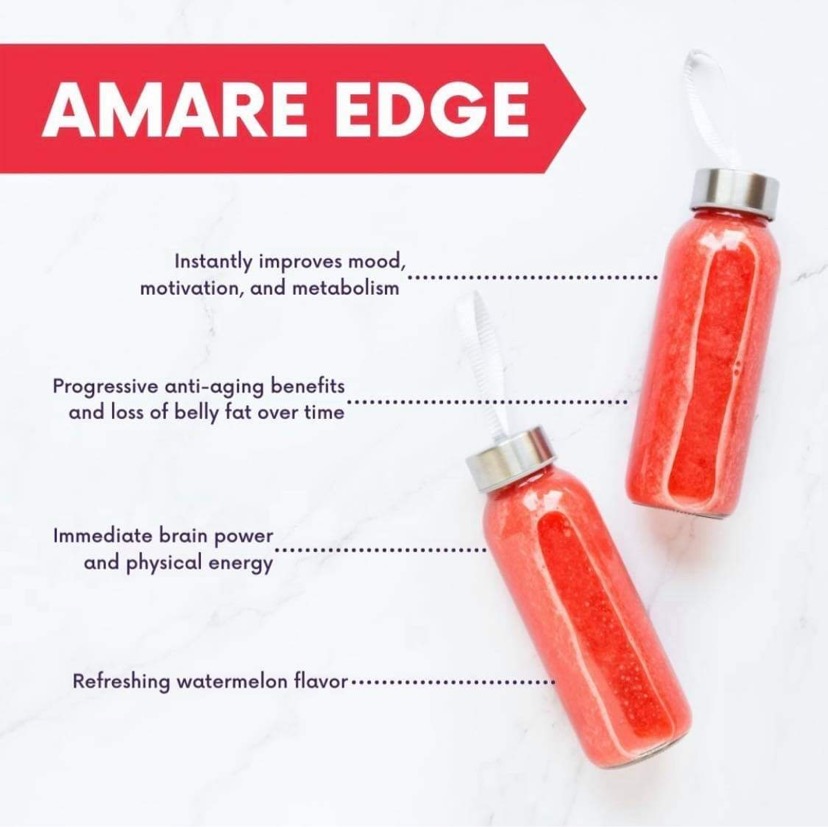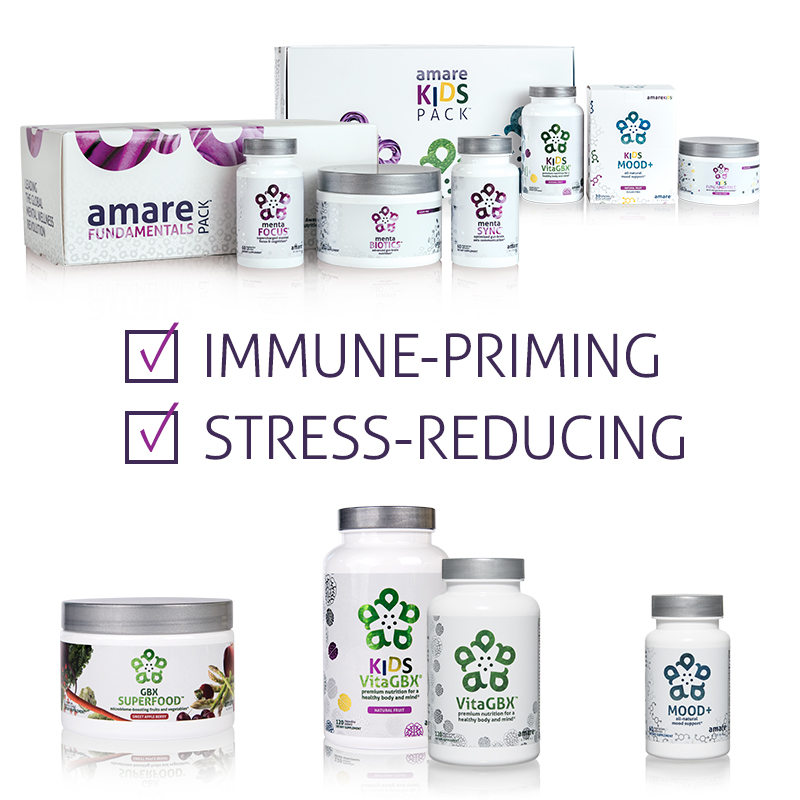
In a lot of cases, postpartum depression seems to be a one size fits all label for a woman struggling with a mood disorder in the postpartum period. It’s unfortunate because that label can sometimes limit an accurate diagnosis.
I experienced severe postpartum anxiety after the birth of my daughter, but I was labeled with postpartum depression. It was so confusing at the time because I had not been depressed. I wasn’t sad or crying all the time, so I had no idea why I was being labeled with depression.
There are many faces of postpartum depression. In fact, the more correct term is perinatal mood and anxiety disorders (as most clinicians are learning), but postpartum depression or ppd still seems to be the most common term. This article summarizes some of the most common diagnoses that are often labeled as postpartum depression. If you are reading this, know that you do not have to be depressed to be experiencing a PMAD.

Postpartum Depression:
Symptoms differ for everyone and may include: feelings of anger, fear and/or guilt, lack of interest in the baby, appetite and sleep disturbance, difficulty concentrating/ making decisions, and possible thoughts of harming the baby or oneself.
Postpartum depression impacts up to 1 in 5 new mothers, and up to 60% of low income women and teens.
Perinatal Panic Disorder:
This is a form of anxiety that occurs in up to 11% of new mothers.
Symptoms include: feeling very nervous, recurring panic attacks (shortness of breath, chest pain, heart palpitations), many worries or fears.
Postpartum OCD:
This is the most misunderstood and misdiagnosed of the perinatal disorders.
It is estimated that as many as 11% of postpartum mothers will experience the following symptoms: obsessions (persistent thoughts or intrusive mental images often related to the baby), compulsions (doing things over and over to reduce the fears and obsessions) or avoidance, and a sense of horror about the obsessions.
These mothers know their thoughts are bizarre and are very unlikely to ever act on them.

Postpartum PTSD:
An estimated 9% of women experience PTSD following childbirth.
Symptoms typically include: Traumatic childbirth experience with a reexperiencing of the trauma (dreams, thoughts, etc.), avoidance of stimuli associated with the event (thoughts, feelings, people, places, details of event, etc.), and persistent increased arousal (irritability, difficulty sleeping, hypervigilance, exaggerated startle response).
Perinatal Biopolar Disorder:
Over 70% of women with bipolar disorder who stop medication when pregnant become ill during the pregnancy.
Twenty-two percent of depressed postpartum women are suffering from a bipolar depression.

Postpartum Psychosis:
Occurs in approximately 1 to 2 of every 1,000 deliveries. The rarest mood disorder in the postpartum period.
The onset is usually sudden, most within the first 4 weeks, with symptoms including delusions (strange beliefs)
and/or hallucinations, feeling very irritated, hyperactive, decreased need for sleep, and significant mood
changes with poor decision-making.
There is a 5% suicide rate and 4% infanticide rate associated with Psychosis and thus immediate treatment is imperative.
What can we do?
In order to receive a correct diagnosis when dealing with mental health issues postpartum, it is important to consult a provider that is certified in perinatal mental health or has extensive experience treating PMADs. Check out the Postpartum Support International Provider Directory.
It’s ok to do your research. It’s ok to consult multiple providers until you find someone that feels right for you.
I’m currently expecting my 2nd child, and after my struggle with my first, I am getting the correct team in place for the postpartum period. I have a therapist that is certified in perinatal mental health. I am considering hiring a postpartum doula (yes…that’s a thing…look it up).
My point is that you need to do whatever you can to make sure you get the best treatment possible. Trust me mama; you’re worth it!!
Resources from Postpartum Support International.
